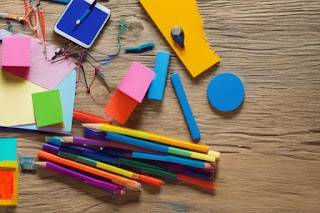Imagination time in seconds is a difficult concept to measure, as it is subjective and can vary greatly from person to person. Can your imagination be measured? Some studies have attempted to quantify imagination time by measuring the amount of time people spend engaged in imaginative activities, such as daydreaming, creative writing, and problem-solving.
One study found that people typically spend about 30% of their waking hours engaged in imaginative activities. Another study found that people can maintain a sustained period of focused imagination for up to 20 minutes.
However, it is important to note that these are just averages. Some people may be able to imagine for much longer periods, while others may have difficulty imagining for more than a few seconds.
Ultimately, the amount of time that someone can spend imagining is limited by their cognitive abilities and the demands of the task at hand. For example, it may be difficult to maintain a sustained period of focused imagination while also trying to perform another task, such as driving or talking to someone.
So, while it is impossible to say definitively how long someone can imagine in seconds, it is safe to say that imagination time can vary greatly from person to person and from task to task.
Here are some factors that may affect imagination time:
- Cognitive ability: People with higher cognitive abilities may be able to imagine for longer periods.
- Task difficulty: Imagining a complex task may require more cognitive resources and therefore be more difficult to sustain for a long period.
- Motivation: People who are motivated to imagine may be able to do so for longer periods.
- Environment: The environment can also affect imagination time. For example, people may be more likely to imagine in a quiet and relaxed setting.
If you are interested in improving your imagination time, there are a few things you can do:
- Practice regularly: The more you practice imagining, the better you will become at it.
- Find a quiet and relaxed setting: This will help you to focus on your imagination.
- Use visualization techniques: Visualization techniques can help you to create detailed and vivid images in your mind.
- Be patient: It takes time and practice to develop a strong imagination.
With regular practice, you can learn to imagine for longer periods and use your imagination to achieve your goals.
References
Abraham A. (2016). The imaginative mind. Human brain mapping, 37(11), 4197–4211. https://doi.org/10.1002/hbm.23300
Josie Glausiusz. (2014). Living in an Imaginary World, SA Special Editions 23, 1s, 70-77.





Thank you for reading!